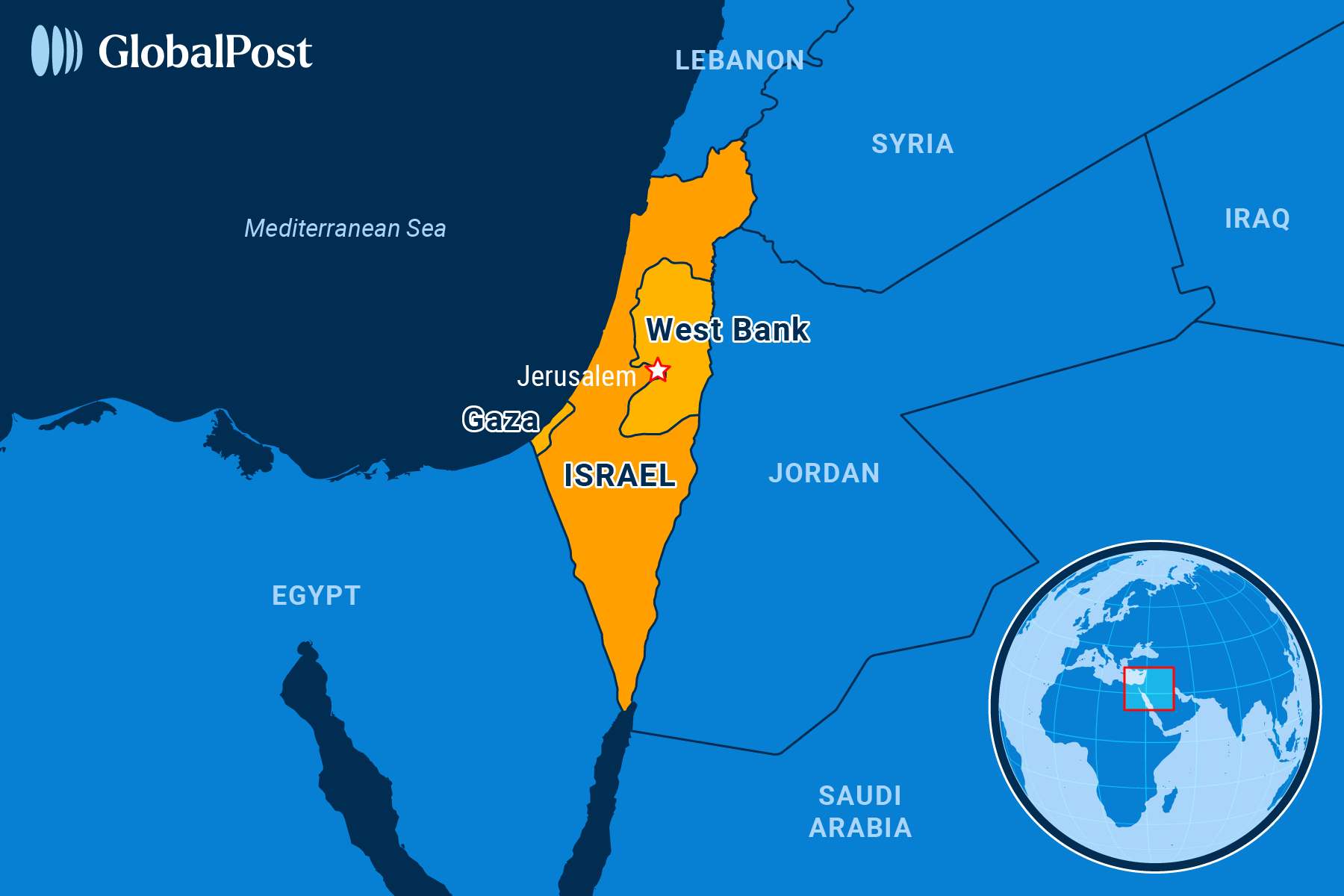A Push, a Shove

The Israeli parliament passed two laws this week that are likely to restrict the operations of the United Nations agency for Palestinian refugees, a move that observers warned could severely affect the humanitarian situation in Gaza and the West Bank amid ongoing conflict, the Washington Post reported.
The first measure bans all activities by the United Nations Relief and Works Agency for Palestinian Refugees (UNRWA) on Israeli soil and the Palestinian territories – Israel controls access to both the Gaza Strip and the West Bank.
It is set to take effect in three months.
Meanwhile, the second law will cut all official ties between Israeli government agencies and UNRWA, stripping legal immunities from the agency’s staff.
Both laws mark the culmination of a long-running dispute between Israel and the aid agency over allegations that it is infiltrated by Hamas. Israel has long accused the agency of allowing Hamas to use UNRWA’s facilities for military purposes and diverting aid to the group’s operations.
Tensions came to a head following the attack on Oct.7, 2023, when Hamas and its allies launched an assault on Israel that killed around 1,200 people and saw more than 250 taken hostage.
Israel launched a military operation in Gaza shortly after the attack, with the ongoing conflict leading to a humanitarian crisis in the territory and resulting in the deaths of more than 43,000 Palestinians, according to health officials in Gaza.
The Israeli government, meanwhile, claimed that dozens of UNRWA employees participated in the Oct. 7 attack, prompting the agency to launch an internal investigation into the allegations. While the probe found that the UN aid organization has “robust” neutrality safeguards, there were gaps in their implementation, such as staff expressing political views and “problematic content” in UNRWA-run schools.
The accusations initially resulted in many donor nations cutting funding to UNRWA, including the United States. So far, all – except the US – have restarted funding.
Following the passing of the new Israeli legislation, UNRWA head Philippe Lazzarini warned that the restrictions could lead to a “collapse” of humanitarian operations in Gaza, especially with the arrival of winter when displaced populations face heightened health and shelter needs.
Nearly 90 percent of Gaza’s 2.3 million people rely on humanitarian aid.
The US – formerly UNRWA’s largest donor – has raised concerns over the potential impact of the laws on humanitarian aid in Gaza. Other international donors, such as Canada, France, Germany, Japan, and the United Kingdom expressed “grave concern,” emphasizing UNRWA’s irreplaceable role in Gaza’s humanitarian response amid the conflict.
UNRWA’s mission was established in 1949 to support the 700,000 Palestinians displaced by the creation of the Israeli state. Its operations currently extend to nearly 6 million Palestinian refugees and their descendants in Gaza, the West Bank, Jordan, Syria and Lebanon, according to the Wall Street Journal.
Israel has long criticized UNRWA for allegedly perpetuating the Palestinian refugee issue rather than resolving it. But the agency’s supporters countered that the laws are part of Israel’s efforts to eliminate the Palestinian refugee issue by dismantling UNRWA.
Observers noted that the new legislation could force UNRWA to relocate its operations and say it will disrupt aid delivery, education and healthcare. They warned that the move could incite further unrest in the West Bank and East Jerusalem, where the agency’s support is deeply rooted.
Amid the controversy, Israel said it is exploring ways to oversee aid distribution itself or through other agencies. However, there have been no concrete plans made public so far, with analysts noting that any such effort would require additional military and logistical resources given Israel’s current military engagements in Gaza and Lebanon.

Subscribe today and GlobalPost will be in your inbox the next weekday morning
Join us today and pay only $46 for an annual subscription, or less than $4 a month for our unique insights into crucial developments on the world stage. It’s by far the best investment you can make to expand your knowledge of the world.
And you get a free two-week trial with no obligation to continue.
